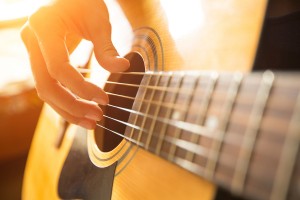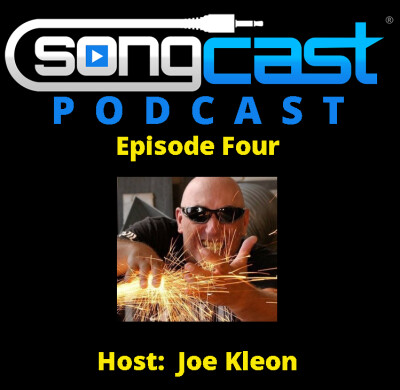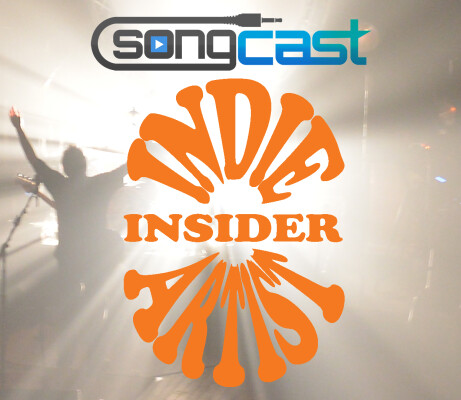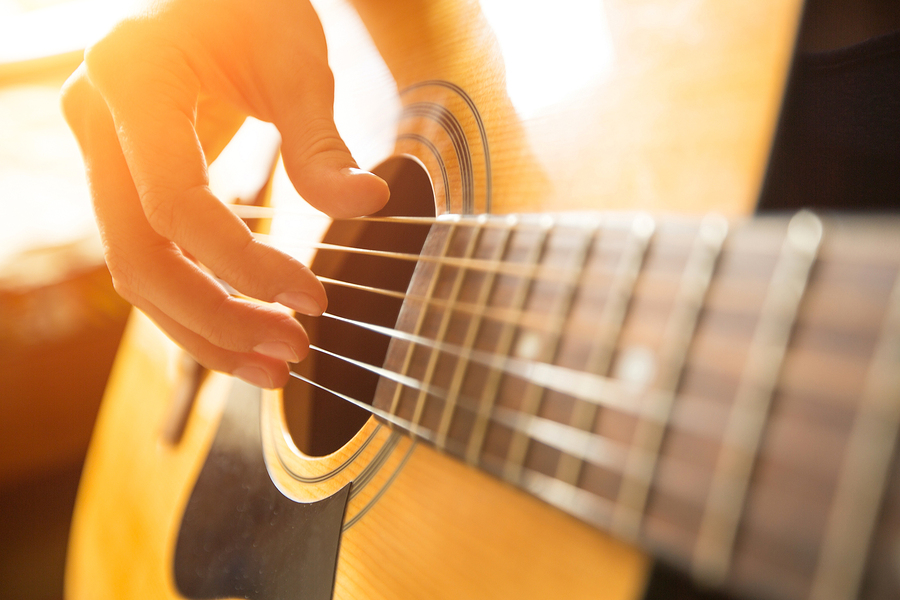 Many Indie artists wonder “how do I sell music online?” rather than trying to figure out how to fill up arenas with fans. The music industry is changing vastly, making it easier for Indie artists to reach a wider audience through sites like Pandora, Spotify, and iTunes. Yet it has also made big names even bigger, as their music videos go viral, their celebrity status is enhanced by the 24-hour news cycle, and their music is heard by more people than ever before. If you think these two trends are in opposition to each other, you’re right: and the conflict between Indie and mainstream artists is currently playing out on the country music scene.
Many Indie artists wonder “how do I sell music online?” rather than trying to figure out how to fill up arenas with fans. The music industry is changing vastly, making it easier for Indie artists to reach a wider audience through sites like Pandora, Spotify, and iTunes. Yet it has also made big names even bigger, as their music videos go viral, their celebrity status is enhanced by the 24-hour news cycle, and their music is heard by more people than ever before. If you think these two trends are in opposition to each other, you’re right: and the conflict between Indie and mainstream artists is currently playing out on the country music scene.
In the past few years, we have all seen the Rise of the Hipster – perhaps a response to the homogenous consumerism of US culture, Hipsters value individuality above all else. They do not want to be associated with anything ‘mainstream’. At the same time, country music (which, with the exception of a few huge names, has always been a niche genre) is appealing to massive audiences. Artists like Carrie Underwood and Luke Bryan are filling arenas, extolling the virtues of beer drinking, partying, and driving pick-ups. Their sound, however, is becoming more pop and less like country. Some popular artists have even delved into the genre of country hip hop fusion – from Jason Aldean rapping in his song “Dirt Road Anthem” to Brad Paisley collaborating with LL Cool J in “Accidental Racist”. (A cringe-worthy song, but an interesting pairing nonetheless).
The incorporation of popular music styles and even autotune into country music has many fans believing country music is not staying ‘true to its roots’, and the anti-Nashville, anti-establishment theme has become stronger in recent years. This has led to a growth in so-called independent country music record labels, including Blue Earth Records, Traveler Records, Plowhome, Sugar Hill, and Big Machine. The lines between an Indie and major record label can sometimes be blurry, as evidenced by the fact that one of so-called Indie label Big Machine’s artists is Taylor Swift, one of the biggest country stars in the world (and someone who is part of the shift from country to pop.) She’s hardly concerned with how to sell music online – she recently took all of her songs off Spotify. Still, the fact that these labels want to distance themselves from mainstream Nashville is significant.
The 11th Independent Country Music Awards are being held in 2015, which, in comparison to the recently held 48th CMA Awards, shows that the Indie Country music is still in its infancy. But the number of artists who would rather sign with Indie labels is growing. Lee Ann Womack, a superstar in the 90s, recently signed with independent label Sugar Hill Records and was subsequently nominated for a Grammy for the album she made with them. Indie artist Jason Isbell also made headlines when he accused country powerhouse Dierks Bentley of stealing one of his songs (his “In A Razor Town” sounded remarkably similar to Bentley’s “Home”). Some Indie musicians are also making the switch to country music, such as the Charlatans, Nick Cave, Mystery Jet’s, and even Copenhagen-based Iceage.
Some of these Indie artists received negative reviews for trying to be country, and not sticking to their Indie roots. The problem probably lies in the fact that the Hipster Indie musician is at odds with the aesthetic of the beer swilling, farm-working country singer. Country and Indie music should be a natural fit, as they both have folksy roots and believe strongly in independence. The issue is one of authenticity, as both the Indie and country genres have rigidly defined personae. The root of the problem within Nashville is that some musicians aren’t seen as ‘truly’ country – and Indie musicians will have to overcome this to gain popularity on an Indie-Country scene.
Currently, the dissatisfaction with the mainstreaming of Nashville has created the perfect opportunity for Indie-Country music to flourish. It seems to be on the rise, in spite of the difficulties any new, unexplored, or alternative genre is faced with as more and more people embrace the individual and traditional sounds of country. Time will tell whether independent country artists can be successful, or if mainstream autotuned pop musicians will prevail again. Keep Indie music alive and learn how to sell music online by visiting our website, and follow our blog for more news and advice for Indie musicians.












































Comments
No comment